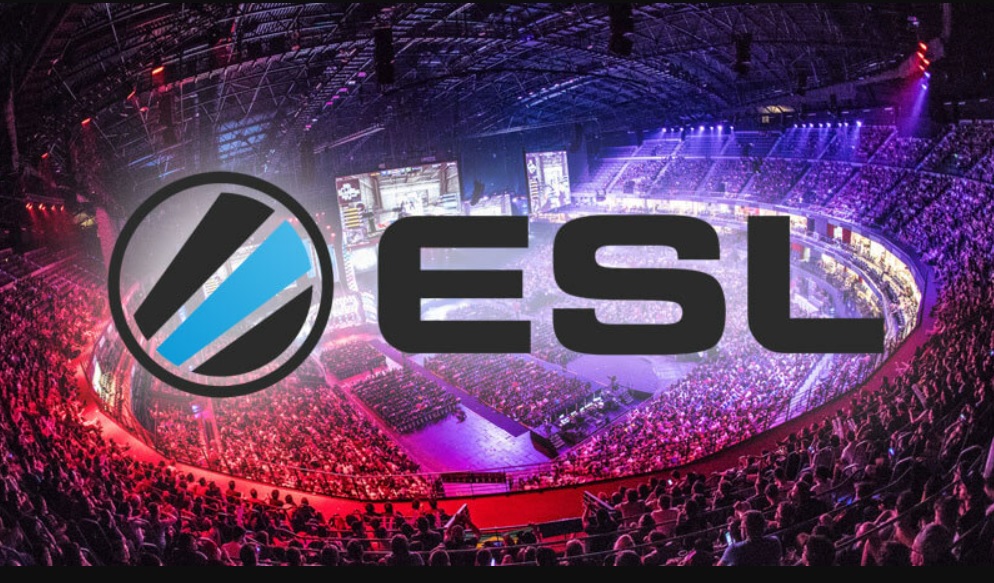The Dota 2 community has been rocked by Valve’s aggressive stance against smurfing, a practice where high-skilled players create secondary accounts to play against less experienced players. This crackdown has seen numerous professional players losing access to their smurf accounts. In response, ESL, a leading esports organizer.
ESL’s Ruling Changes and Their Implications
On January 18, ESL introduced significant changes to its ruling system. These adjustments grant ESL the authority to disqualify players who have been banned by Valve. However, there’s a provision for leniency if the Valve Anti-Cheat (VAC) ban doesn’t pertain to competitive integrity violations. Players can continue participating in ESL tournaments by using a new.
The Balance Between Fairness and Flexibility
While ESL’s new rulings echo Valve’s firm stance on smurfing, they also exhibit a degree of flexibility, depending on the nature of the ban. This approach aims to mitigate the impact on players’ careers while upholding the integrity of competitive Dota 2. It’s a delicate balance, reflecting the complexities of esports governance.
The Controversy of Smurfing in Professional Dota 2
Smurfing and account sharing have long been contentious issues in the Dota 2 pro scene. Many professionals justified these practices due to the excessively long queue times at high ranks. However, Valve’s recent actions signify a zero-tolerance policy towards such practices, emphasizing the need for fair competition across all skill levels.
Case in Point: Amer “Miracle-” Al-Barkawi’s Ban
A notable example of the wide-reaching effects of these bans is the case of Amer “Miracle-” Al-Barkawi, who lost access to his top 15 ranked account. This incident highlights that Valve’s focus is on ensuring a single-account system, regardless of a player’s rank or Matchmaking Rating (MMR).
ESL changed tournament rules after massive Valve bans for smurfing
byu/AnteaterLucky6491 inDotA2
Overview of Valve’s Recent Smurfing Bans in Dota 2
To adapt to these changes, Dota 2 professionals and aspiring players should focus on maintaining a single account and engaging in fair play. The esports community, including organizers like ESL, must continue collaborating to ensure a competitive environment that is both equitable and conducive to professional growth.

